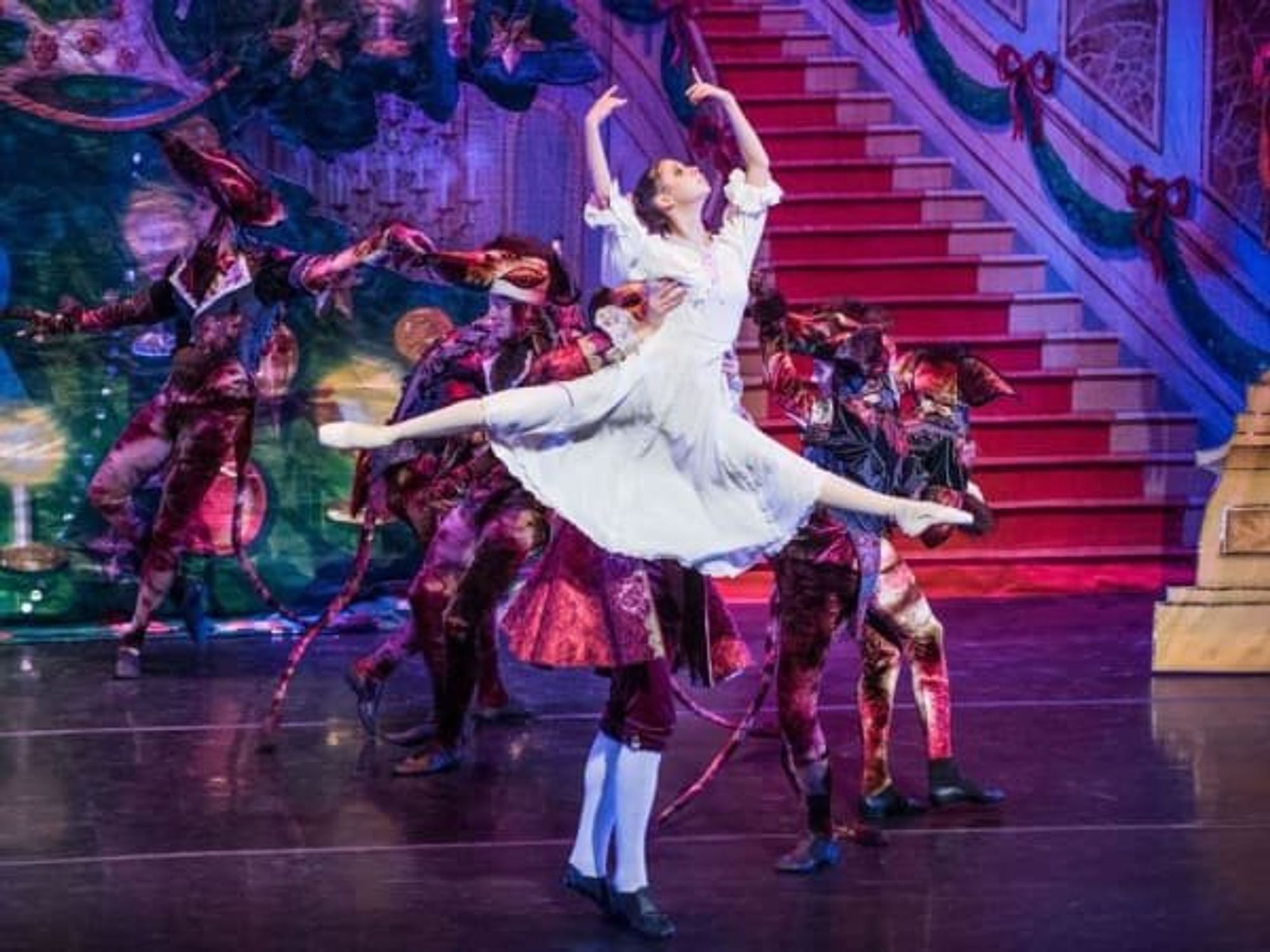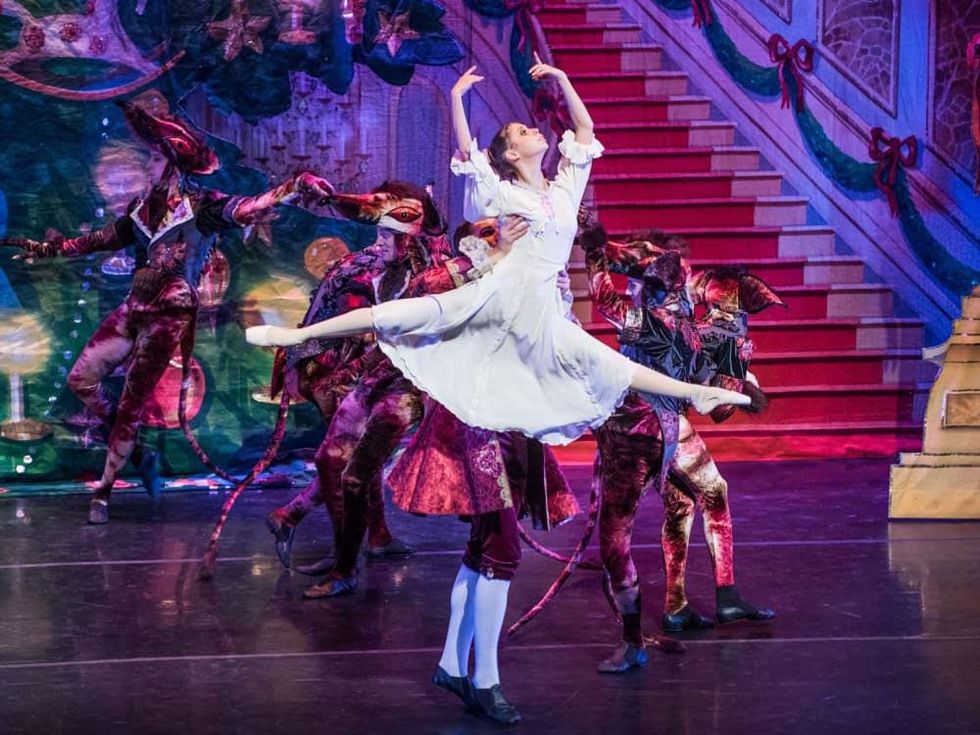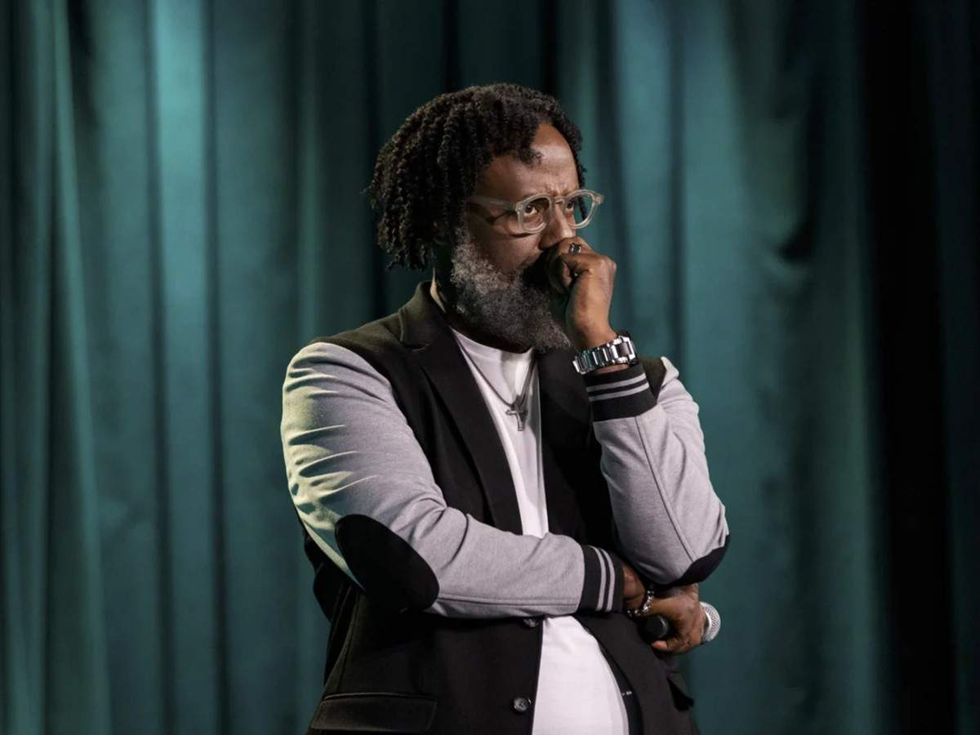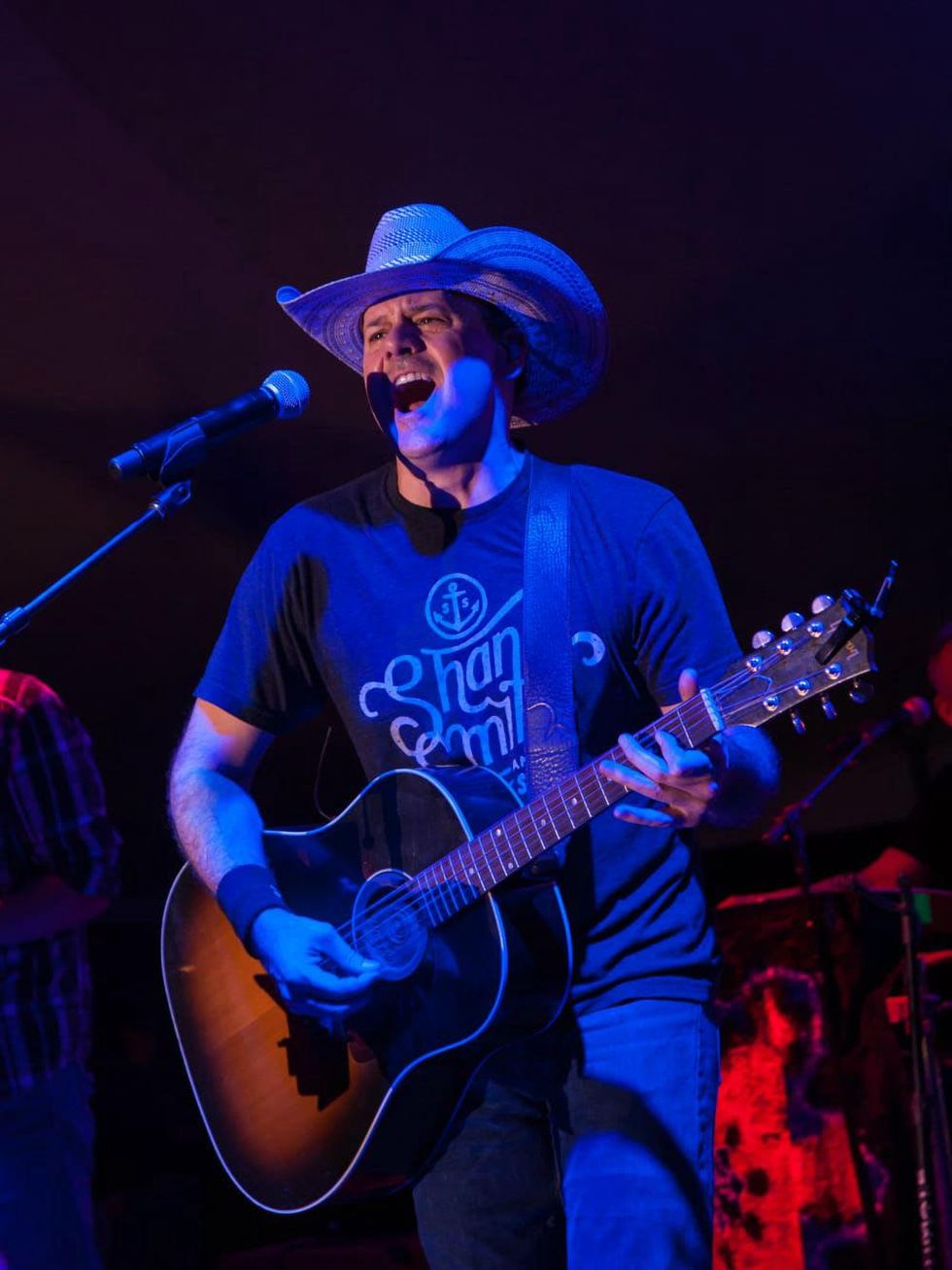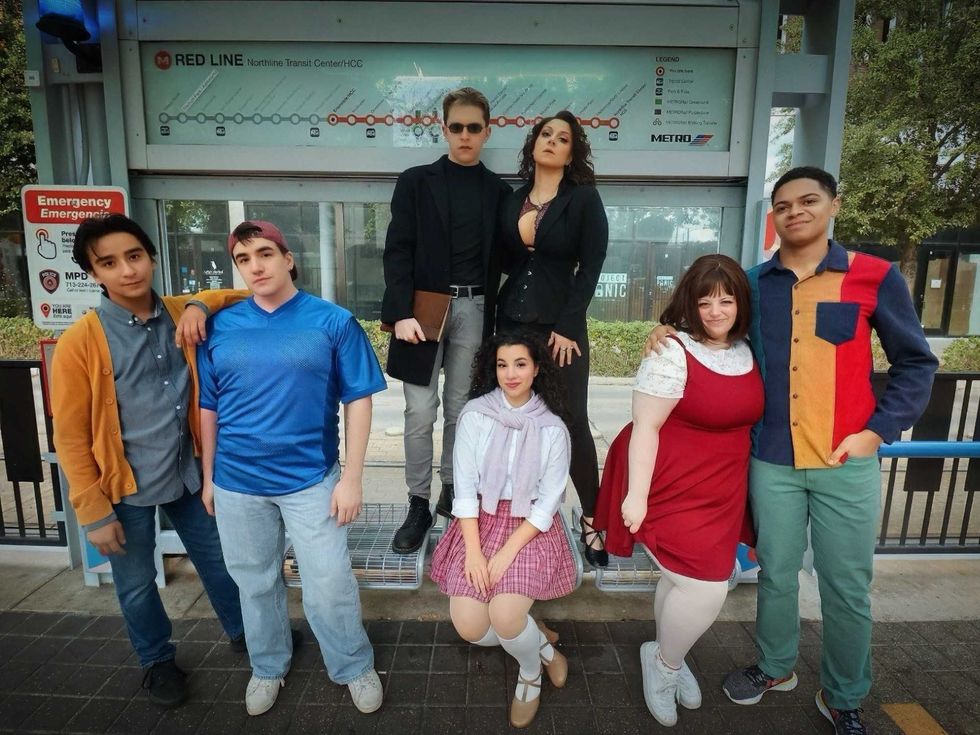No Retreat, No Surrender
Is Bruce Springsteen running out of gas? His car tunes an uneven bunch in songs150-141
Bruce Springsteen's obsession with cars and other motor vehicles (buses! motorcycles!) come into full focus on songs 150-141.
Song 150: “Open All Night”
Album: Nebraska
Adobe Flash Required for flash player.
Rushing by like the highway when you’re going about 80mph, “Open All Night” has Bruce pulling out the electric guitar for the one and only time on "Nebraska". The Chuck Berry-riff extends throughout the entire song, spare accompaniment which is fitting because Bruce is all alone on his mystical journey through the New Jersey night.
I’ve always wondered what this recording might have sounded like with a full band behind him. I have a feeling that the E Street Band really could have cranked this one into anthem territory. As it is, it fits with the aesthetic of the album, but on its own it’s a little like a fun B-side, nothing more.
Some of the lyrics are borrowed from other sources, including the "Tracks" song “Living On The Edge Of The World” and “State Trooper,” also from "Nebraska." I prefer the darker vision of the subject matter on “State Trooper,” but this song still has some killer Springsteen lines, foremost among them his comparison of “New Jersey in the mornin’ like a lunar landscape.” The details are perfect as well, including the hilarious image of him and his girl getting chicken grease all over a road map on one of their nightly jaunts.
The narrator never does quite get to his baby by song’s end. He’s left to search for his salvation in the rock and roll songs on the car radio. In much the same way, “Open All Night” never quite reaches its intended destination, but it’s a helluva ride to nowhere.
Song 149: “Does This Bus Stop At 82nd Street?”
Album: Greetings From Asbury Park, N.J.
Adobe Flash Required for flash player.
Springsteen’s Dad was a bus driver, which may be the impetus for this song off his 1973 debut album. I don’t know that anyone in history has ever taken such a vivid ride on public transportation without the aid of hallucinogens, as Bruce’s word-association lyrics paint quite the picture. Sample lyric: “Wizard imps and sweat sock pimps/Interstellar mongrel mimps.” It sounds a little like Dewey Cox channeling Dylan in Walk Hard, doesn’t it?
The track, like many on "Greetings From Asbury Park, N.J.," never ignites much excitement, bogged down by a garbled production which makes most instruments inseparable from the main mess of sound. It’s fun to hear Bruce going off with his wordplay though, elevating the characters he witnesses on the trip out of the mundane.
Maybe the most interesting facet of this song to me is its ending. Up until then it’s a good-time, high-speed joyride, but it slows quickly in the final lines into a bluesy dirge, David Sancious’ piano tinkling sadly. Shortly after on the album, “Lost In The Flood” begins with more piano, and it’s clear that Bruce was going for a continuous effect.
He also did this once on "The Wild, The Innocent, & The E Street Shuffle," but abandoned the technique afterward. Bruce’s albums always had thematic unity, but these two instances are the closest he ever came to something resembling a concept album’s method of a continuous piece of music. Wouldn’t it be fascinating if he ever tried that whole-hog? A Springsteen rock opera? A guy can dream.
Song 148: “Ramrod”
Album: The River
Adobe Flash Required for flash player.
Springsteen never wrote openly about sexual situations in his early years. He was the rare rocker to play up the romance and never seemed to have lascivious thoughts, at least overtly. But he could do the innuendo, as Don Henley once sang, as well as anyone else, and “Ramrod” ranks right up there with any car-as-phallic symbol song to ever come down the pike.
It’s isn’t very subtle, either. Even a half-wit could catch the drift of a line like “I wanna ramrod with you honey, till half past dawn.” Elsewhere, he sings of what he might do when he can’t have his baby near to ride with him: “I swear I think of your pretty face when I let her unwind.” Let’s hope he covers the car seat with a towel.
Danny Federici’s organ is the star of the instruments, strutting and preening in the solo after those great staccato blasts early on. Clarence also gets to blast away alongside some hand-clap percussion. There’s nothing new here musically, but the band plays with great verve.
What’s interesting is that even after lusting over his girl throughout the song, Bruce turns his thoughts to marriage in the final verse. Apparently this means they can do their ramroddin’ in the eyes of God. Or something like that.
Song 147: “The Big Muddy”
Album: Lucky Town
Adobe Flash Required for flash player.
The Big Muddy is another name for the Mississippi River, but it’s the metaphorical Big Muddy that Bruce is referencing on this moody "Lucky Town" track. It’s the place you end up when your expectations compromise your ideals, so that “You start out standing but end up crawling.”
Springsteen got an assist on the song from novelist Pete Dexter, whose acclaimed mid-80’s book Paris Trout provided the line “Poison snake bites you and you’re poison too.” It’s a good line, but, for my money, I like Bruce’s couplet in the final verse even better: “How beautiful the river flows and the birds they sing/But you and I we’re messier things.”
It’s an honest, if downbeat, assessment of human frailty, which is what the song is all about.
The track itself is all atmosphere, with Roy Bittan’s ominous keyboards providing the bedrock and Springsteen’s delta guitar twang jutting out at unkempt angles. The one negative I have is that the supposed shady dealing could have used a bit more detail. It’s a little too vague to make it as a cohesive tale. But the brooding spell it casts helps outweigh this flaw, making it one of the more salvageable tracks from Bruce’s solo foray in the early 90’s.
Song 146: “Cadillac Ranch”
Album: The River
Adobe Flash Required for flash player.
I’m going to make an admission that may startle some of you: I love Bruce Springsteen’s music but I am not a car guy. I wouldn’t know a Rolls Royce from a Yugo. I’ve been driving a Ford Escort around for over 10 years now. It has a gazillion miles on it and goes up hills like it’s being sucked down by a giant magnet, but it’s reliable and it gets me from point A to point B.
This does not prevent me from liking Springsteen’s car songs however. As this list progresses, you’ll notice some very high marks for songs with an automobile playing a big part. But those songs are usually only tangentially about the car and use it as a symbol for something, be it freedom, or power, or desperation, or whatever. The songs where the cars are just celebrated for being cars, well, I can’t say that they’re my cup of tea.
All that said, “Cadillac Ranch” is such a fun blur as it goes by that I can’t help but enjoy it, even if the advantages of said model are lost on me. Bruce name-checks some icons who drove Caddys to glory, including James Dean, Junior Johnson (a Nascar star of the 50’s and 60’s and, yes, I had to look that up) and Burt Reynolds. (I personally think Bruce should update the song to include Morty Seinfeld.)
The band is in excellent form here, with Max Weinberg snapping off the fourth-gear beat, Bruce clipping off the riffs in yet another homage to Chuck Berry, and the keyboard duo of Roy Bittan and Danny Federici providing technicolor fills throughout. No, I can’t say that I understand the allure of the Cadillac. But until Bruce sits down to write “The Ballad of the Silver Escort That Smells Funny and Violently Shakes When It Reaches 63 MPH,” well, “Cadillac Ranch” will have to do.
Song 145: “Matamoros Banks”
Album: Devils & Dust
Adobe Flash Required for flash player.
Sending "Devils & Dust" out on a sad yet somehow graceful note, “Matamoros Banks” finds Bruce inhabiting the skin of an illegal immigrant attempting to cross the border. Springsteen takes the unique approach of telling the tale in reverse, so that we find out very quickly that this journey is destined to fail.
By depicting, in graphic detail, the dead body being torn apart in the river, Bruce is trying to show the horrors of the situation, and he maybe succeeds a too well. Set against that lovely melody, it’s a little too jarring a juxtaposition for comfort.
Much better are the closing verses, which finds this character in hopeful pursuit of his love, who waits on the other side. His dogged determination is moving, and it makes it all the more heartbreaking at song’s end when he dives into the river to avoid the gunshots he hears. Suddenly, the Matamoros Banks become a spiritual destination, since the only way the two lovers will now be reunited is in the afterlife.
It’s a tenderly sad finish, but the dignity with which Bruce portrays the character makes his plight even more powerful, and it shines a harsh light on the humanity wasted. Whatever your views on the issue, “Matamoros Banks” reminds you of what’s at stake.
Song 144: “Real World”
Album: Human Touch
Adobe Flash Required for flash player.
I’ve read that Springsteen has played this song live in a slowed-down, stripped-down fashion, bemoaning the fact that the recorded version got away from him a bit. I can see his point in some ways. Certainly, the anvil percussion effect is distracting at best, and Bruce screams the song more than he sings it, stripping it of some of its tenderness. And the less said about Springsteen’s wail-a-thon with Sam Moore during the fadeout the better.
If you can put those things aside though, it’s an otherwise solid performance by the ad hoc band assembled for "Human Touch." Roy Bittan wrote the music with Bruce filling in the lyrics, an arrangement unprecedented in Bruce’s career. The rhythm section of Randy Jackson on bass and Jeff Porcaro on drums provide this song with just enough R&B sway to differentiate it from some other, more generic rockers on the album.
The lyrics find The Boss trying to overcome the scars of his past and looking toward the future without reservation or rancor. He can understand the reality of love, the day-to-day grind: “Aint no church bells ringing/Ain’t no flags unfurled/Just you me and the love we’re bringing into the real world.”
He finally shakes off all of his doubt by song’s end, urging his love to come with him and ride “the tumblin’ dice.” If love is a gamble, it’s better to risk it all than play it safe, and “Real World” comes to that conclusion in satisfying fashion.
Song 143: “Life Itself”
Album: Working On a Dream
Adobe Flash Required for flash player.
This is a love song drenched in darkness. Two lost souls grasp at each other with everything they have in the midst of turmoil and strife, finding a moment of grace amidst the chaos. In the final verse, however, that grace appears to be fleeting, as the narrator becomes distraught at the way that two people can destroy the thing that matters most simply out of their own weakness.
That darkness permeates the music as well, all moody, minor-key guitar. Some moments of light do bust through, noticeably the sighing backing vocals and the backwards guitar in the breaks. Those little touches from producer Brendan O’Brien add just the right bit of mystery to the construction.
“Life Itself” certainly doesn’t reinvent the wheel, but the solid performance by the band, an affecting vocal by The Boss, and a mature look at the perils both within and without a relationship, make it a worthy addition to the man’s brilliant oeuvre.
Song 142: “Galveston Bay”
Album: The Ghost of Tom Joad
Adobe Flash Required for flash player.
Your feelings for “Galveston Bay” likely depend on your tolerance for doing a little work to go with your listening pleasure. This song doesn’t have anything to grab your attention right up front. The music is minimal, just some acoustic guitars by Bruce and distant keyboards. The melody is an afterthought, with Bruce often straying from the main song structure to squeeze in an extra line here and there if the story dictates it. There certainly isn’t any hook.
The story, however, is a stunner. Two men fish the same waters: A Vietnamese immigrant who fought alongside the Americans in the Vietnam War and an American vet. Xenophobia prevents the two from seeing their connection and tragedy intervenes. Bruce just sticks to the details, and leaves any judgment of these two men out of the equation.
In the end, the Vietnam vet resists the urge to seek vengeance on the immigrant, but it doesn’t feel like a redemptive moment in any way. The immigrant has been stained by the blood he’s been forced to shed, and the American is stained for even contemplating the act he eventually decides against. As they fish the waters at song’s end, the unease hangs heavy in the air. It may not be a feel-good pop song, but “Galveston Bay” is worth the effort.
Song 141: “Gypsy Biker”
Album: Magic
Adobe Flash Required for flash player.
Springsteen has often shined a spotlight on the difficulties of veterans returning home from wars. In “Gypsy Biker,” it’s those left behind who are in the spotlight, because the returnee here is coming home in a coffin. It’s a harrowing portrait of the way that war can tear apart the lives of even those who never fire a gun.
The folks left behind here show their grief in different ways, all telling. Eventually they take the bike, polished for the deceased’s return, and burn it in a useless tribute. But the narrator holds even less regard for those who would try to honor his brother’s death: “The favored march up over the hill/In some fool’s parade/Shoutin’ victory for the righteous/But there ain’t much here but graves.” The small towns seem to bear the brunt of war’s damage on the homefront, as Bruce makes it chillingly clear.
I just wish the arrangement didn’t sound so claustrophobic. You hear a lot of talk these days about the poor production techniques used so that songs sound better on computers. Indeed, once the acoustic guitar and harmonica opening gives way to the drums and electric guitars, everything blends into a drone, making even Bruce’s vocals hard to distinguish.
That’s a shame, because “Gypsy Biker” is a story that needs to be clearly heard.
